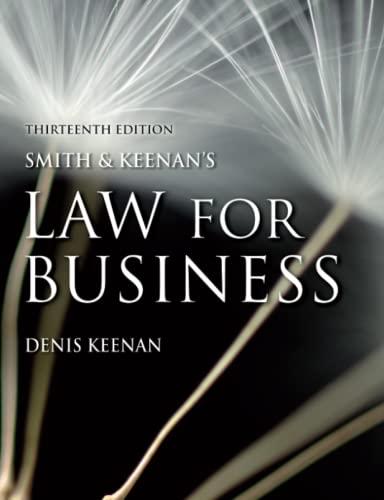dictionary definition? 10} Should you be linking your dictionary arguments back to the distinction? How can you do this using the takehome test?r 11} What do we mean by dictionary hopping? Should you \"dictionary hop\"? 12} What is the difference between the core or primary meaningfdefinitionfsense and a subsense? How can we tell when looking at the dictionary definition 13} IIl'tl'hy do we not argue on the facts when constructing our dictionary arguments? 14} lI.I"ri|'hat type of considerations should we take into account when evaluating our dictionary arguments? 15} Why does the primary meaningdefinition'sense supporting one side assist in our dictionary evaluation? 16} Is the dictionary a determinative statutory interpretation tool? Are there any tools which override it? Drdina ry Usage 1} Why do we look at ordinary usage in statutory interpretation? 2} How should you "explain" what an ordinary usage is trying to show? is your gut reaction a usefulstarting point? 3} How should you "evaluate" an ordinary usage example? What considerations should you take into account? Is It a good idea to touch on all of them in an answer? 4} What is the difference between a 'part of speech', 'sense' and *tense'? Give examples of each. 5} How can we tell when an ordinary usage example is not relevant to the distinction in issue? 6} What is the difference between a biased, neutral, choice and anti-loaded example? It] What is the difference between a "biased" Example and a \"persuasive" example? 3} Could the persuasiveness of an ordinary usage example be affected if the example uses the issue word in a different sense and part of speech? El} Are neutral examples always persuasive? In what circumstances will a neutral example not be persuasive? Context 1} Why do we look at the statutory context in statutory interpretation? 2} When we refer to 'context' in Laws 12 3, are we referring to the wider factual context? What do we mean by 'context' in Lawsuit? 3} Do you need to read all of the statutory provisions included in a test or exam in order to raise contextual arguments? .1] Why do we not argue on the facts when constructing our context arguments? 5] What is the noscitur a sociis rule? How do you apply it? Give an example using one of the tutorial problems or from the readings. 5} What is the ejusdem generis rule? What conditions are necessary in order to apply it? Give an example using one of the tutorial problems or from the readings. 1"} Why do we look for other places where the issue word is used? 31Why do we look for places where the issue word is not used. but could have been used? 9} Give an example where related topics can shed light on the meaning of the issue word? 10} What are marginal notes? Can we raise contextual arguments using the marginal note of a statute? Are marginal notes technically a part of the statute? Purpose 1} What is the purposive approach? Why do we look at the purpose of a statute in statutory interpretation? 2] What is the literal approach? [Can you think of a case that applied this in your course







